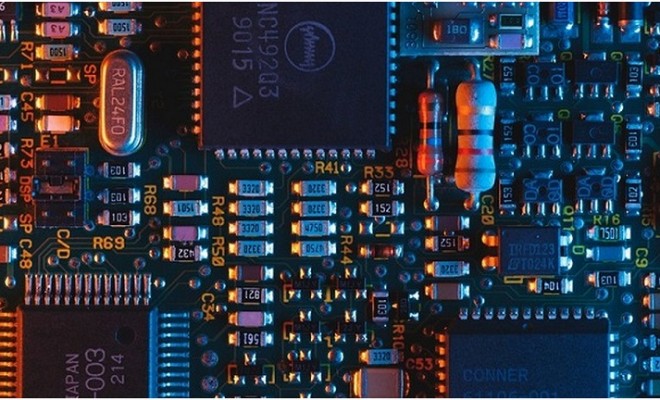
Quantum leap: why the next wave of computers will change the world
In 1936, Alan Turing proposed the Turing machine, which became the foundational reference point for theories about computing and computers. Around the same time, Konrad Zuse invented the Z1 computer, considered to be the first electromagnetic binary computer.
What happened next is history, and in our world today, computers are everywhere. Our lives are dramatically different from how they were even at the end of the 20th century, and our mobile phones have far more powerful CPUs than desktop computers did only few years ago. The advent of the Internet of Things brings computer power into every minute detail of our lives. The world wide web has had such a transformative effect on society that many people can’t even remember a life before they were online.
The major catalyst behind this transformation was the discovery of silicon, and its use in the production of good transistors. This occurred over a period of more than 100 years, dating from when Michael Faraday first recorded the semiconductor effect in 1833, via Morris Tanenbaum, who built the first silicon transistor at Bell Labs in 1954, to the first integrated circuit in 1960.
Συνέχεια ανάγνωσης εδώ: www.weforum.org




